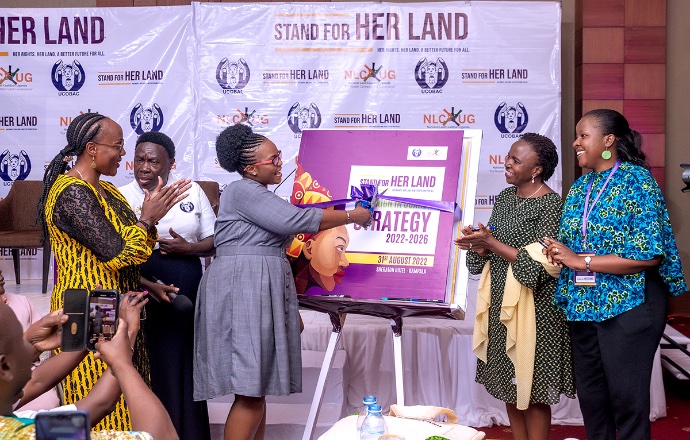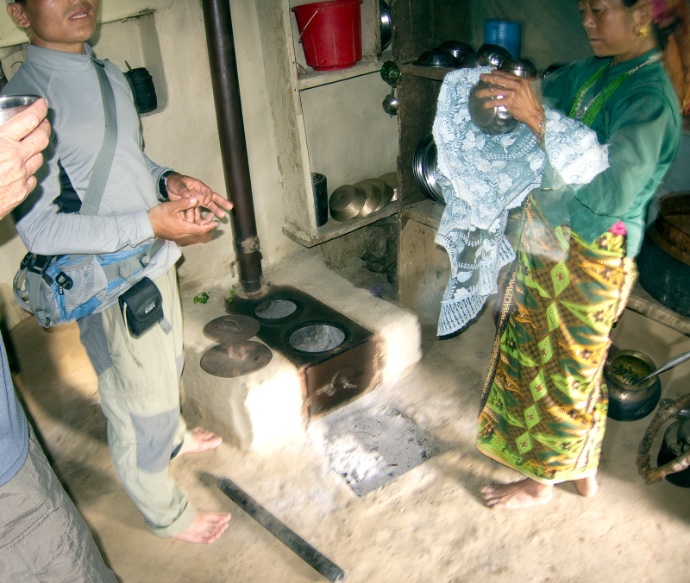Blog
Posted on February 14, 2025
By Agnes Rogo and Estefanny Molina, Women’s Link Worldwide

Defective contraceptives have become a silent weapon in the systemic neglect of women’s health, disproportionately harming communities particularly in low-income countries. While access to family planning is a fundamental human right, racialized disparities in pharmaceutical quality control and regulatory oversight have turned contraceptives into sources of trauma rather than empowerment. From Africa to Latin America, the consequences of this injustice—unplanned and forced pregnancies, economic destabilization, and shattered life plans—reveal a pattern of corporate negligence and governmental failure that demands urgent redress.
Continue Reading
Posted on February 14, 2025
By Esther Mwaura-Muiru, Stand for Her Land Global Advocacy Director

The S4HL Uganda Coalition launches in 2022. Photo: Landesa
A non-profit organization focused on smallholder farmer livelihoods. A government land governance learning week. An investigative radio show protecting human rights.
In Uganda, development initiatives pursuing a common agenda to address gender inequality and sustainable development have found a unifying theme: women’s land rights. The Stand for Her Land (S4HL) Uganda Coalition—part of S4HL, the global campaign for women’s land rights—brings together civil society organizations, government stakeholders, and other key actors in a collective movement to realize women’s fundamental rights to land, properties, housing, and natural resources.
Continue Reading
Posted on February 14, 2025
By Katherine Redington, Vice President of Social Impact Journeys, Elevate Destinations

Donor trips, journeys that take funders to see the work they are investing in abroad, have long been used as a catalyst for transformational giving, donor retention, and cultivating more meaningful relationships. However, not all donor trips achieve these outcomes. That is because the outcomes from trips directly result from how a journey’s priorities are implemented before, during, and after the trip. After designing 300 donor trips with over 80 different organizations, I have seen a lot of mistakes that can derail these desired outcomes. Below are five of the most common mistakes nonprofits make when designing their donor trips.
Continue Reading


